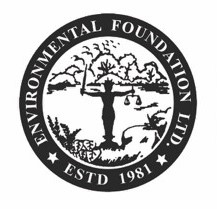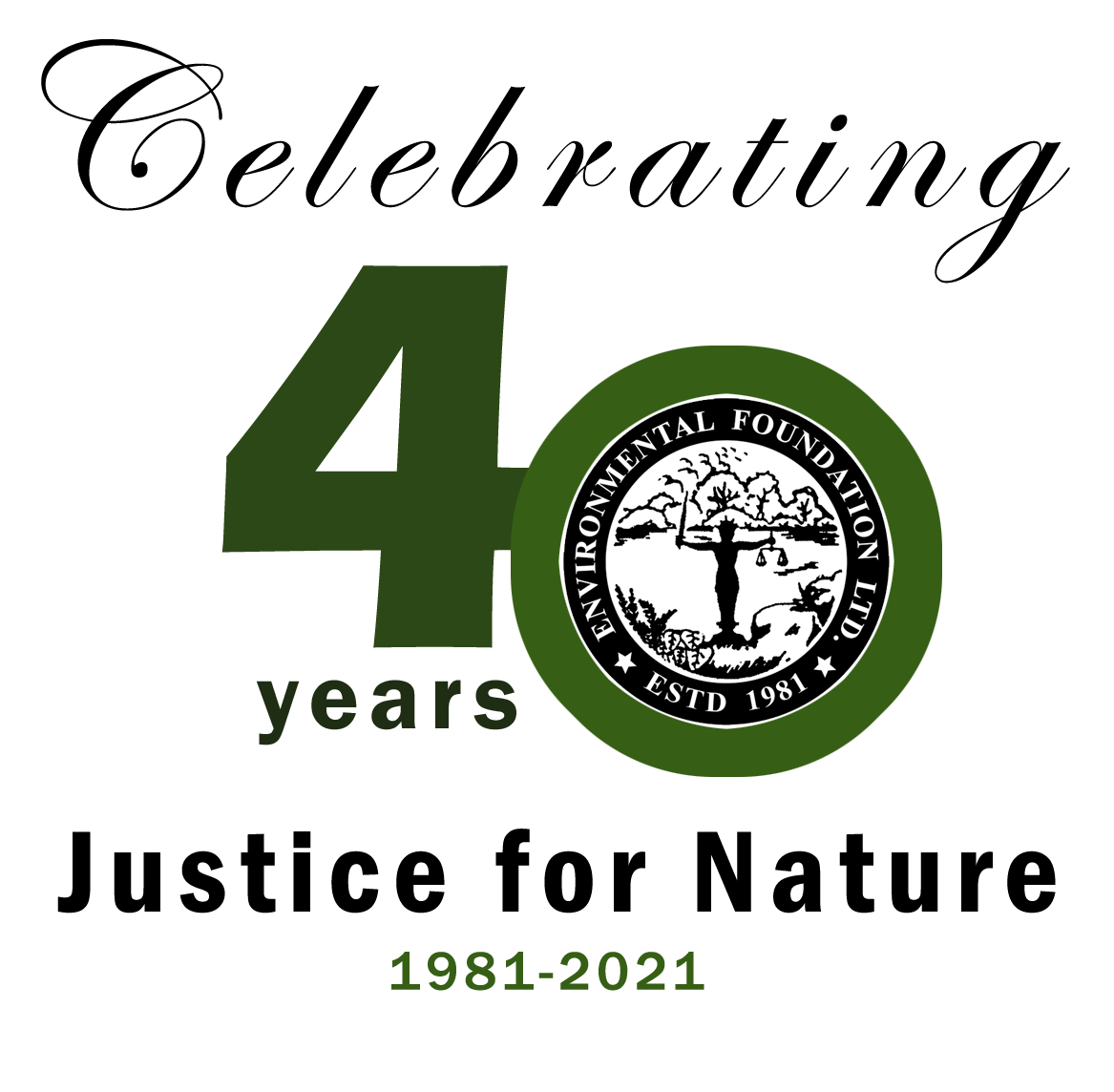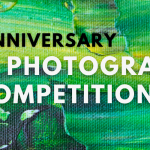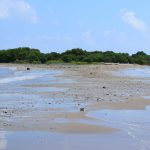EFL concluded Phase III of the Kelani River Water Quality Restoration Programme, which was funded by The Asia Foundation. The project was EFL’s latest intervention to restore the deteriorating water quality of Sri Lanka’s most polluted river, which supplies 80% of water to Greater Colombo. Factory waste from industrial zones, as well as garbage dumping by riverine communities, has degraded river ecosystems which is turn support livelihoods and provide crucial ecosystem services. In this phase, EFL extended its awareness raising efforts
Last week saw the first UN Ocean Conference, where heads of states, civil society organizations, private corporations and scientists came together to reiterate the importance of the ocean and to facilitate actions for the protection and conservation of oceans, seas and other marine resources. The need for large scale intervention and action to save oceans is pressing. From ocean acidification to mismanagement of marine protected areas to exploitation of fish resources, the threats that this vast vital system faces are
Henderson Island, a tiny remote island in the far flung reaches of the South Pacific Ocean, should bear no trace of human civilization. Instead, the tropical island is covered by a staggering 38 million pieces of plastic trash. Marine debris is mostly made up of plastic, from waterproof sheets to plastic bottles to miniscule micro-plastics found in cosmetic products. Buoyant and durable, plastic is dispersed over vast distances and is found in the most impenetrable corners of the ocean: even
Tourism has a symbiotic and occasionally parasitic relationship with biodiversity. Biodiversity pulls in visitors with the wildlife and the aesthetic beauty that is associated with pristine natural habitats and in turn, the revenue generated from tourism can go towards conservation efforts and upkeep of protected areas. However, unchecked and unsustainable tourism degrades natural environments, destroying the very thing that attracted visitors there in the first place. Tourism plays a prominent role in Sri Lanka’s post-war economy, generating $US 2.2 billion
Originating in the Sri Pada mountain range, the Kelani River threads its way through the most densely populated and industrialized parts of the Western Province, and flows through the capital city to reach the Indian Ocean. From fisheries to hydropower, the Kelani River is of vital economic importance as it is not only a source of water for the myriad of factories and industries that occupy its banks but is also used by these industries as a dumping ground for





